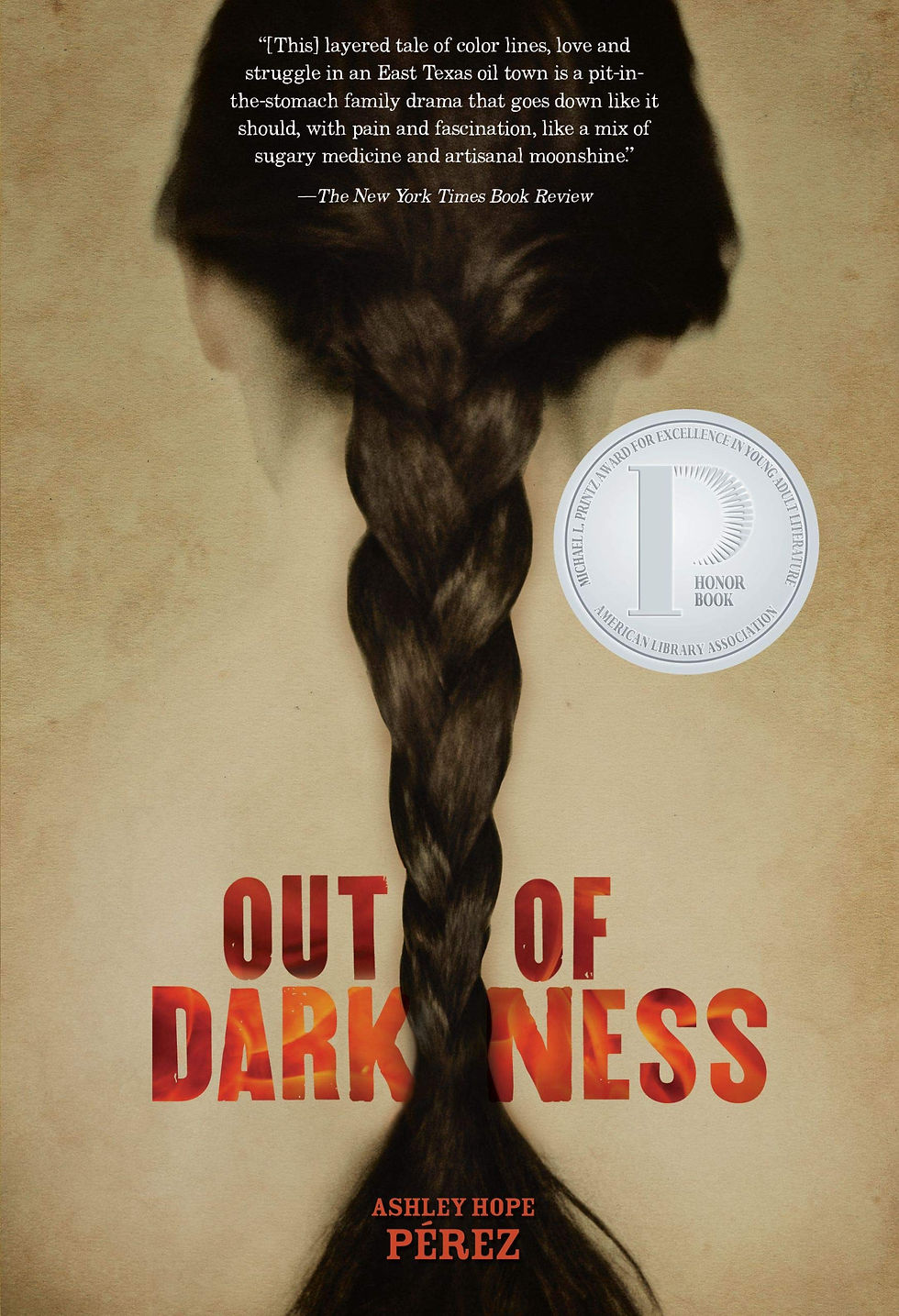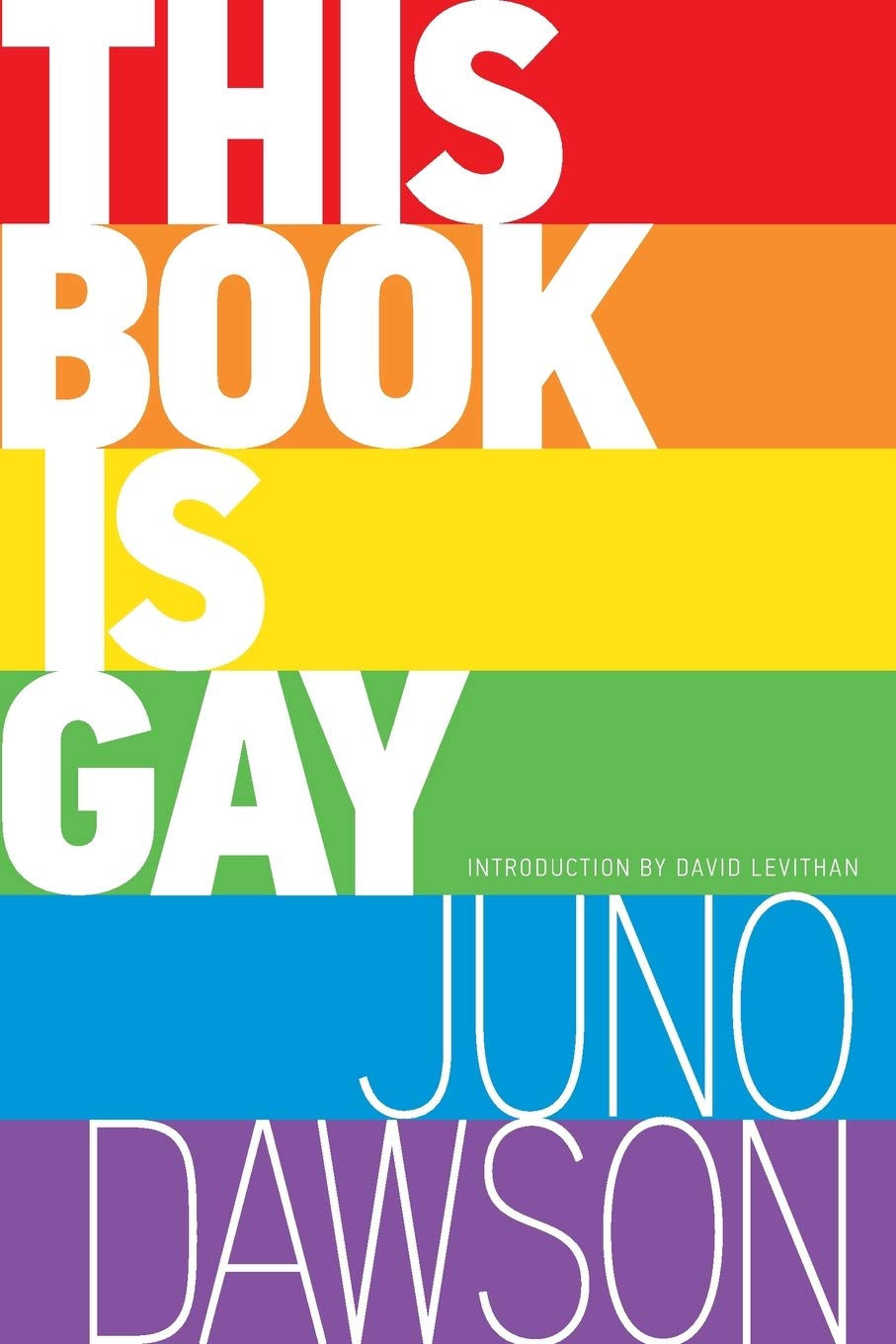What is Banned Books Week?
- Eleka

- Sep 21, 2022
- 6 min read

What is Banned Books Week?
Banned Books Week is a celebration of your freedom to read by libraries. It also aims to bring awareness of the dangers of censorship and book banning.
A Book Challenge is a request for a book to be removed from a library or request for it to be placed in a new location.
A Book Ban is the forcible removal of individual books or topics to prevent people from accessing information.

Who Challenges Books to be Banned & Why?
The majority of book challenges begin in school libraries, but 37% take place in public libraries. Most of the time these challenges come from parents requesting materials be removed because of their family’s beliefs or individual values. Oftentimes these challenges can also come from library users who do not want others to have access to materials they find offensive.

Some of the most well-known classics like To Kill a Mockingbird, The Catcher in the Rye, I know Why the Caged Bird Sings, Beloved, and The Awakening are among those that have been banned before. More frequently today books target contemporary stories which you can see below. Reasoning varies for why books are banned. Some people may want a book removed because they believe certain books go against their religion, feature BIPOC characters, teach critical race theory, have LGBTQ characters, talk about gender and sexuality, or have violence depicted. They believe the public should be barred from accessing these stories and information.

Why is Freedom from Censorship important?
It is a library’s responsibility to provide materials on a variety of subjects and by many different individuals. Information, books, and other items should not be limited because libraries are for everyone, and they house books for everyone in the community. Although different people have different reading interests and information needs, one opinion is not held above another.

What can you do to support your Freedom to Read?
Read Banned Books!
Check out books that have been challenged across the country this year. Oftentimes these books have important stories to share and may open windows to new perspectives and ideas.
Support your Local Libraries
Become a library card holder, join a library board or library friends volunteer group.
Support School Libraries
School librarians curate their collection to the age group of the students that they serve. That said, students may be experiencing radically different home situations from one another. Removing access to materials thought too mature can isolate these students and prevent them from getting help with anxiety, depression, abuse, and neglect. Show your support of our freedom to read at school board meetings, especially if other parents request removal of materials. You can even join a school board!
Speak Up About Censorship
If you see censorship challenges, talk about it and show your support for our freedom to read.
Encourage Others to Read Banned Books!
Suggest books that have been recently challenged to your book club or bookish friends.

Books you can read to support your Freedom to Read
2021’s Most Banned/Challenged Books
*Maia Kobabe uses Spivak pronouns (ey/em/eir).
Gender Queer, a graphic novel memoire by Maia Kobabe, explores eir life growing up as a gender queer kid and eir relationship with eir gender and sexuality. This book is a great quick read for transgender, nonbinary, and gender queer teens and young adults as well as allies wanting to learn more about transgender people and the gender diverse community. Kobabe also illustrated this book, and it won an Alex Award from the American Library Association in 2020.
Lawn Boy tells the story of a young Chicano man, Mike Muñoz, working for a landscaping crew cutting grass but all the while wanting to do something different than menial work. Despite being well-read and wanting to be ambitious, Mike struggles to make progress toward his American Dream. Through this episodic novel, he takes a journey of self-discovery in which Mike learns how to make space for happiness in a less than ideal world.
This series of personal essays detail George M. Johnson’s life growing up on the East Coast as a queer Black boy as he experiences toxic masculinity, bullying, first relationships, family life, boundaries, and gender identity. The sincerity and candidacy of Johnson’s writing will appeal to many young adults and adults in the LGBTQ+ community and teen and adult allies looking to strengthen their ability to protect marginalized folks.
In 1930’s East Texas, crossing a segregation line when you are Black or Latinx could mean a death sentence. In this town, an interracial relationship blossoms between a Black boy and Mexican-American girl. Set against the backdrop of the most deadly disaster an American school has ever seen, the book explores extreme racial tension, physical, sexual, and emotional violence, passing privilege, exploitation of women and children, and the threat of white supremacy.

The Hate U Give tells a story of Starr, a Black teen on scholarship to a mostly white suburban school. When she witnesses police murder her friend, her world shatters. Suddenly his death is on national news, police and gangs are trying to intimidate her from talking, and protests take to the streets. Only one person holds the key to what happened that night, Starr, and she catapults into the forefront of racial and political conflict. A modern classic, The Hate U Give, won the Coretta Scott King Award in 2018.
Sherman Alexie’s book based on real life events follows a young teen, Arnold Junior, from the Spokane reservation experiencing growing up amidst disability, discrimination, poverty, and inequity, but striving to make a successful life for himself. Throughout the book comics by Ellen Forney are interspersed as Junior makes sense of his identity as he moves between worlds. In 2007, this book won the National Book Award for Young People's Literature.
Usually Greg tries to blend in and be invisible at school. He has his best friend, Earl, and doesn’t need anyone else. When his elementary school friend, Rachel, is diagnosed with Leukemia, his mom orders him to go spend time with her. Narrating the story, Greg often makes jokes at his own expense, and it becomes clear this story is no star crossed romance, or great inspiration about fleeting time, but about three kids with kid thoughts as they experience a terrible situation.

Toni Morrison’s The Bluest Eye is a brutal account of the effects of white supremacy, racism, misogyny, and cruelty as experienced by Pecola, a young Black girl, praying for blue eyes and blonde hair like the white girls who are treated so well, but instead of this wish, Pecola’s life only gets harder. As opposed to seeing through the eyes of Pecola, Morrison tells her story through the perspectives of her family members, other townspeople, two little girls who want to help, but are too young to understand. This makes the readers become onlookers to her abuses and Pecola’s further dissociates and slips away from herself.
As a content warning, this book contains graphic depictions of pedophilia, rape, child rape, animal abuse, and racism.
This Book is Gay is your guide for primarily cisgender gay men, but does include other perspectives. It addresses sexuality frankly through a collection of first-hand accounts of being gay–experiencing same-sex attraction, stereotypes, coming out, and more. Although the book claims to encompass other identities, be mindful of subtle transphobic and aphobic rhetoric, the book still has much to offer young, gay, questioning, or curious young adults.
Beyond Magenta contains a collection of interviews and photos of transgender teenagers and their experiences with growing up trans, dealing with dysphoria, facing discrimination, and finding what brings them gender euphoria. This book is more geared toward allies who want to hear from young transgender people and understand their lives better so they can better support them. Beyond Magenta won the Stonewall Honor Book Award in 2015.
Want to see more Banned Books? Check out ALA's List of Banned Books by Year.
Check out the Library Bill of Rights to find out about how and why libraries support freedom from censorship.
Ask your librarians for more reading recommendations! Or Request a Book Bundle, a hand-picked selection of items your librarians think you would like!
You can also visit our online catalog from our website or our SHARE Mobile Library application for access to books from all 500+ libraries in our area!












Comments